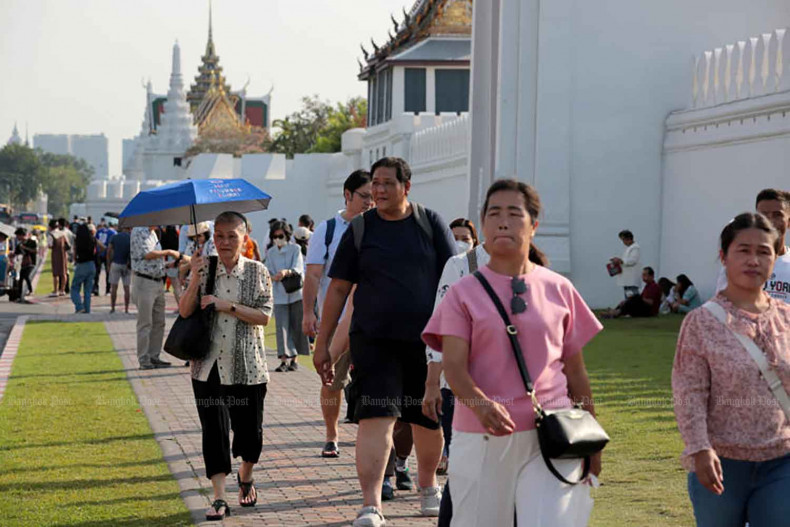Thaksin’s Drug Suppression Lecture Draws Backlash
Criticism Intensifies Over 2003 War on Drugs Killings
Former Prime Minister Thaksin Shinawatra’s upcoming lecture on drug suppression at the Office of Narcotics Control Board (ONCB) has triggered a wave of criticism due to his controversial “war on drugs” in 2003. Rights activists and political observers are questioning the government’s decision to invite Thaksin, given the legacy of thousands of extrajudicial killings during his campaign against narcotics.
Human Rights Concerns Resurface
2003 War on Drugs Left Thousands Dead, Many Unconnected to Drug Trade
Thaksin’s anti-drug campaign, launched in early 2003, resulted in over 2,500 alleged extrajudicial killings within just a few months. Investigations and rights groups have found that more than half of those killed had no proven links to drug offenses, with many innocent people caught up due to flawed government blacklists and a policy that encouraged ruthless enforcement. The campaign was widely condemned for human rights violations, including arbitrary executions and intimidation of activists.
Political and Legal Ramifications
Calls for Accountability Over Past Drug Suppression Tactics
Political activists and former lawmakers have voiced ethical and legal concerns about Thaksin’s participation in the ONCB forum. Critics argue that inviting Thaksin risks violating constitutional standards and could further damage the government’s credibility. There are warnings that using Thaksin’s past approach as a model could put the government at odds with both domestic and international human rights organizations.
Ongoing Debate on Drug Policy Effectiveness
Critics Say Current Drug Problems Persist Despite Harsh Measures
Despite the severe measures taken during Thaksin’s tenure, critics note that Thailand continues to struggle with drug-related issues. Some accuse the current administration of failing to learn from past mistakes, pointing out that the use of force has not led to sustainable solutions and may have exacerbated the problem. Observers warn that repeating such policies could lead to renewed human rights abuses and further controversy.
International and Domestic Reactions
Global and Local Scrutiny on Thailand’s Drug Crackdown Legacy
The 2003 war on drugs under Thaksin’s leadership attracted international condemnation, with organizations like Human Rights Watch documenting widespread abuses and calling for independent investigations. Domestically, the campaign remains a deeply divisive issue, with ongoing calls for accountability and justice for the victims of extrajudicial killings. The renewed focus on Thaksin’s role in drug suppression has reignited debate over the balance between law enforcement and human rights in Thailand’s fight against narcotics.









